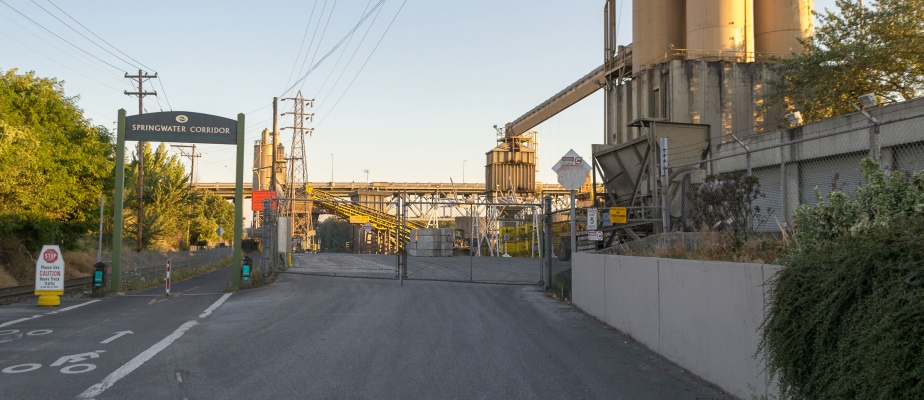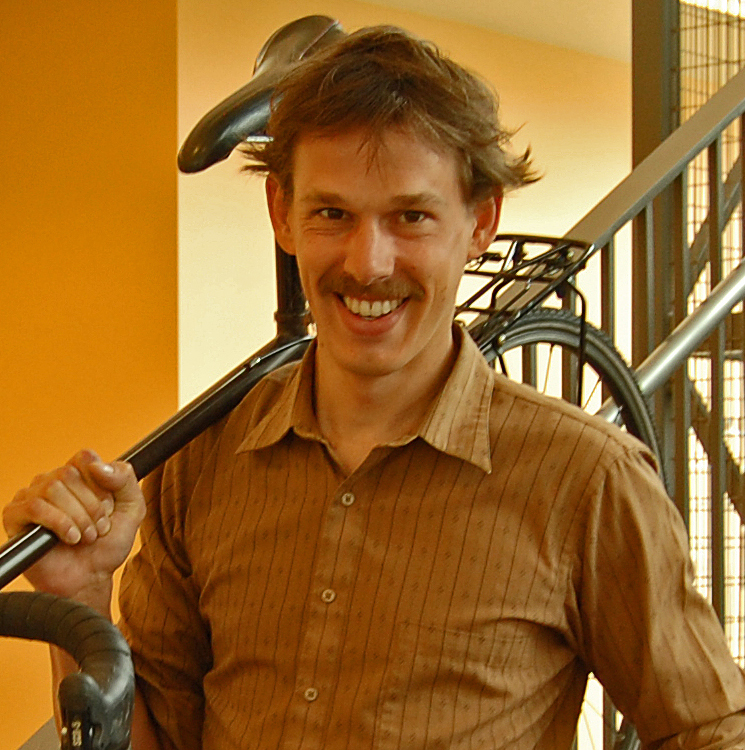The video begins at 0:52.
Abstract: This seminar concludes the eight week exploration of transportation models and decision tools with a look to the future. Oregon is known for its history of forward thinking policies around sustainable transportation, including linking land use and transportation planning at the regional level, investments in transit and non-motorized modes, and statewide legislation to reduce greenhouse gas emissions. To aid these transportation planning and policy decisions, Oregon has developed some of the most sophisticated models and analytic tools currently in use in the United States. As Oregon moves forward to address the next set of challenges - energy security, climate change, economic constraints and equity, models will need to provide new information at different spatial and temporal scales to support long range planning - 30 to 50 years out - as well as near term decisions - 1 to 5 years ahead. Beth Wemple, a Portland-based consultant with Cambridge Systematics, will share her view on Oregon's transportation future. Keith Lawton, consultant and former transportation planner at Metro, will respond by discussing the next steps for model development and application needed to support this agenda.
Speaker Bio: Keith Lawton is a transport modeling consultant and past Director of Technical services, Metro Planning Department, Portland, OR. He has been active in model...
Read more

